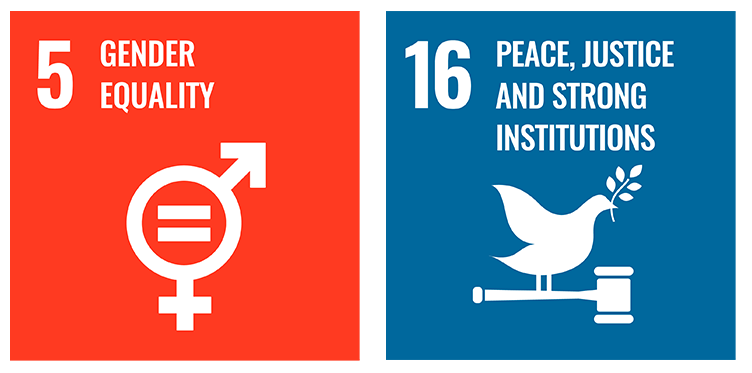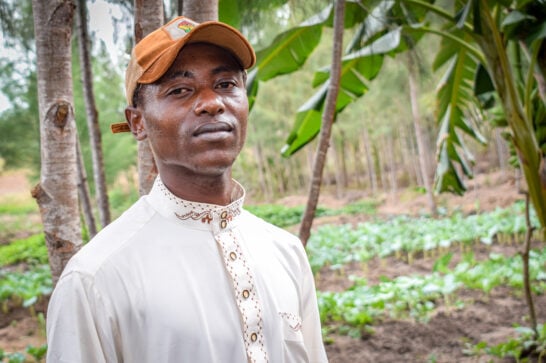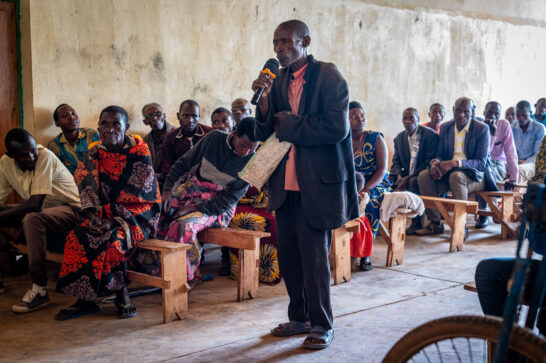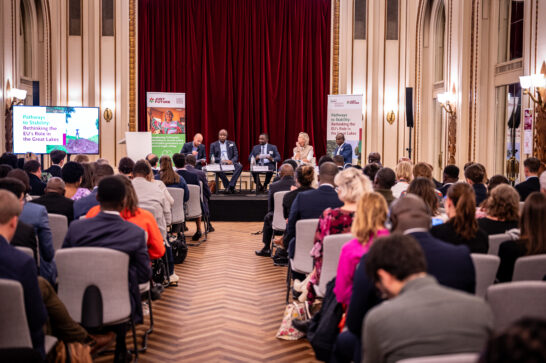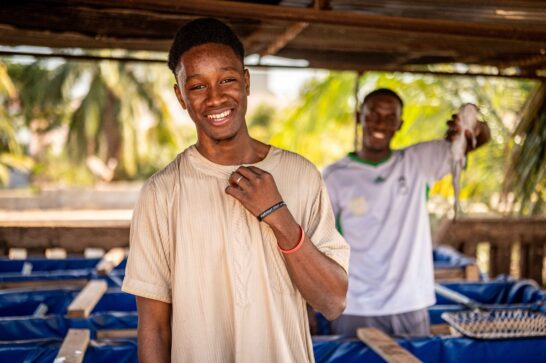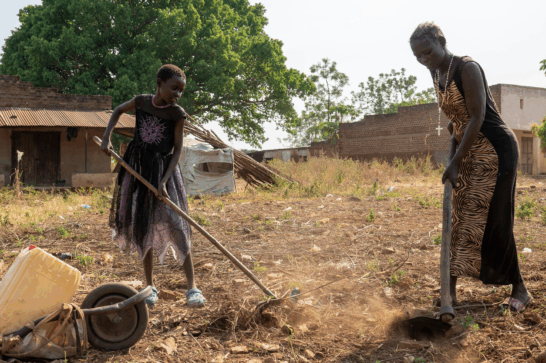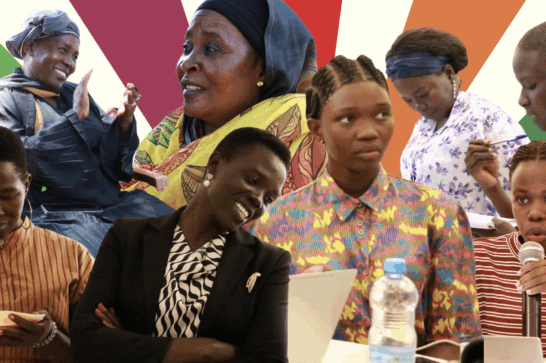In fragile and conflict-affected settings, the state often fails to fulfil its primary obligation to protect the population and maintain the rule of law.
Security and justice providers like the police and courts can be unresponsive while citizens bear the burden, with women, youth, and the poorest people disproportionately affected.
Shrinking Space for Civil Society
Civil society is the foundation of our security and justice initiatives. Unfortunately, in recent years, the space for civil society to advocate and lobby for fundamental rights has shrunk significantly.
During the COVID-19 pandemic, authorities in several countries prohibited the right to congregate. In some cases, measures to reduce citizens’ freedom of speech are still active and undermine attempts to hold officers accountable.
In other countries, the democratically elected government has been overthrown by the military, limiting the ability of civil society actors to operate freely.
The collapse of the Afghan government in 2021 has had severe consequences for the position of women and has curtailed opportunities for civil society to advocate for inclusion.
Despite these challenges, we continue our work, supporting local civil society actors with tools to develop effective advocacy agendas and raise their voices in international forums.





